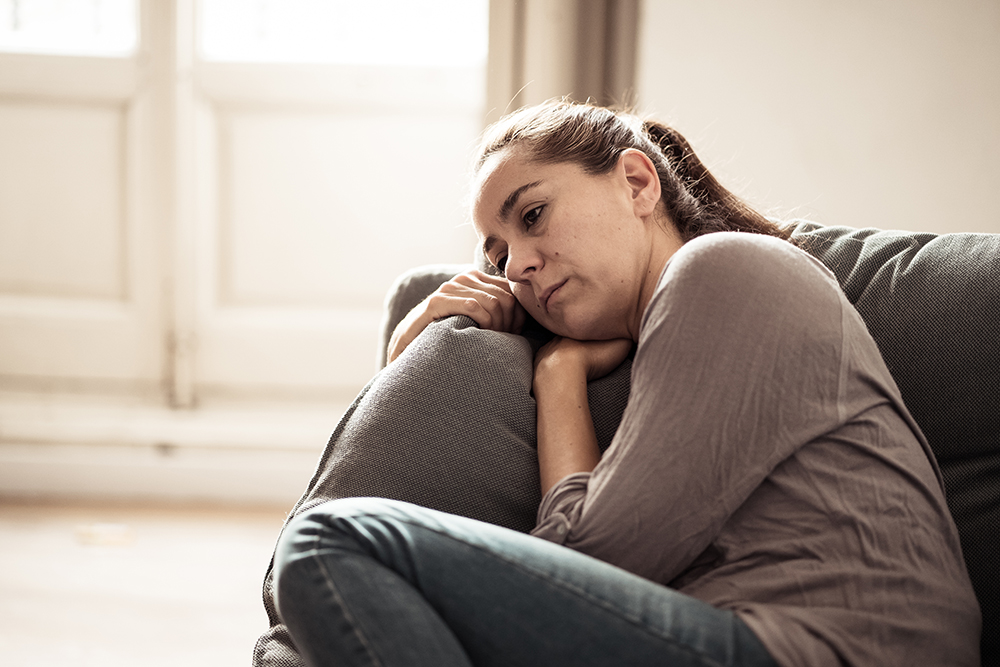Intimate partner violence is a pervasive issue that can have profound, enduring effects on survivors’ mental health and well-being.
Understanding Intimate Partner Violence
IPV is abuse that occurs in a romantic relationship. Typically, one partner is the aggressor and the other is the target. While many people assume this violence is solely physical, it can also take other forms.
- Emotional: Manipulative behaviors that undermine your self-esteem, including constant criticism, intimidation, gaslighting, and belittling.
- Psychological: Your partner may threaten you, restrict your behaviors, and force you to depend on them.
- Sexual: Coercing or attempting to force you into any sexual behavior without your consent, including marital rape and demeaning or painful sex acts.
IPV’s impact also has societal costs, including lost productivity at work and medical care for related injuries. These widespread implications highlight the importance of addressing IPV as a community and public health priority – especially for survivors from marginalized or minority groups, who often face heightened risks and worse outcomes.
Health Consequences of IPV
The effects of intimate partner violence are severe and far-reaching, affecting various aspects of your well-being that can persist long after you escape the abusive relationship.
- Post-traumatic stress disorder: Many survivors develop PTSD, experiencing severe anxiety, flashbacks, and nightmares related to their trauma.
- Physical health issues: Chronic conditions affecting the cardiovascular, musculoskeletal, digestive, reproductive, and nervous systems are common.
- Behavioral consequences: Targets of IPV are more likely to engage in unhealthy behaviors like substance abuse and unprotected sex, further compounding their health risks.
- Depression and anxiety: Persistent sadness, loss of interest in enjoyable activities, and excessive worry are widespread among IPV survivors.
- Suicidal thoughts and behaviors: The emotional distress caused by IPV can lead to feelings of hopelessness and helplessness, significantly increasing your risk of suicidal thoughts and attempts.
Healing From IPV
If you have survived intimate partner violence, you must acknowledge how your experiences have affected you.
- Recognize the abuse: It can be challenging to accept that someone you love can hurt you, especially if their violence toward you was primarily emotional or psychological.
- Ask for help: Call the National Domestic Violence Hotline or a local shelter dedicated to helping survivors. These resources can provide immediate safety planning, legal assistance, and emotional support.
- Seek professional counseling: Therapy can be instrumental in addressing the psychological scars of abuse. A therapist can help you work through your trauma, rebuild your self-esteem, and develop healthier relationship patterns.
- Develop a safety plan: Keep a packed bag ready in case you need to get out quickly. Save emergency contacts in your phone, including trusted friends and local shelters.
It’s impossible to overstate the ripple effects of intimate partner violence. If you are a survivor, you have no reason to feel ashamed. Once you escape the abuse and get to safety, the work of healing can begin. Recovering from challenges like trauma, depression, anxiety, suicidal ideation, and self-harm takes time.
Palm Springs Behavioral Health provides comprehensive care tailored to address the unique challenges posed by IPV. We encourage you to reach out to us immediately if you are in a toxic and abusive relationship. We are here to guide you toward a secure, healthier future.

